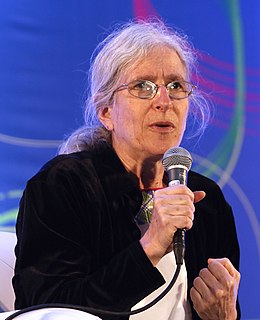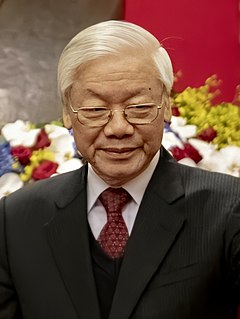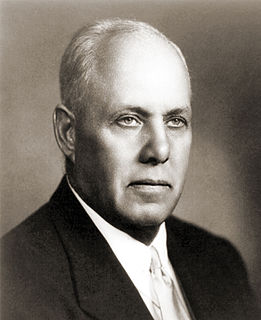A Quote by Mary Robinson
The term 'human rights' has been too often associated with conditionality, and with concerns of developing countries that in order to benefit from open trade they would be required to implement immediately labour and environmental standards of a comparable level to those applied in industrialised countries. At the same time, debates about the primacy of trade as against human rights legal codes have contributed to maintaining the unfortunate impression that the two bodies of law are pursuing incompatible aims.
Quote Topics
About
Against
Aims
Applied
Associated
Been
Benefit
Bodies
Codes
Comparable
Concerns
Countries
Debates
Developing
Developing Countries
Environmental
Human
Human Rights
Immediately
Implement
Impression
Incompatible
Labour
Law
Legal
Level
Maintaining
Often
Open
Order
Primacy
Pursuing
Required
Rights
Same
Same Time
Standards
Term
Those
Time
Too
Trade
Two
Unfortunate
Would
Would Be
Related Quotes
The international human rights framework is a vital component and engine for promoting global values. Governments have signed up to this international legal framework and we should hold them accountable, in all circumstances from environmental or labour standards, to trade talks, arms control and security issues as well as other international legal codes.
It is a great problem for the true international agenda of human rights that the United States, uniquely among industrialised countries, has not ratified three main instruments, has not ratified the Covenant on Economic, Social and Cultural Rights, or the Convention on the Rights of the Child, or the Convention for the Elimination of Discrimination Against Women, and we could have so much richer a debate and dialogue on international human rights standards if the superpower would sign up to the agenda.
I believe we should try to move away from the vocabulary and attitudes which shape the stereotyping of developed and developing country approaches to human rights issues. We are collective custodians of universal human rights standards, and any sense that we fall into camps of "accuser" and "accused" is absolutely corrosive of our joint purposes. The reality is that no group of countries has any grounds for complacency about its own human rights performance and no group of countries does itself justice by automatically slipping into the "victim" mode.
It’s notable that the countries that most pride themselves on their commitment to equality, human rights, and democracy (like the United States and the western European countries) are precisely those that, in the late twentieth century, invented a new status (‘illegal’) in order to deprive some of their residents of access to equality, human rights, and democracy.I am honored to lend my name to PICUM’s campaign to end the use of the term ‘illegal’ and to challenge the whole concept of illegality as a status.
Human rights and international criminal law both illustrate the contradictory potential of international law. On one level, the imposition of human rights norms is a restraint on interventionary diplomacy, especially if coupled with respect for the legal norm of self-determination. But on another level, the protection of human rights creates a pretext for intervention as given approval by the UN Security Council in the form of the R2P (responsibility to protect) norm, as used in the 2011 Libyan intervention. The same applies with international criminal accountability.
One cannot have a trade union or a democratic election without freedom of speech, freedom of association and assembly. Without a democratic election, whereby people choose and remove their rulers, there is no method of securing human rights against the state. No democracy without human rights, no human rights without democracy, and no trade union rights without either. That is our belief; that is our creed.
I do think we need to hold countries accountable who violate trade agreements that are already in place. We need to get stronger about enforcement, that in the future if we strike a trade agreement, toughening up labor standards and environmental standards and enforcement standards is something we absolutely need to do.
We hear from time to time about horrible human rights atrocities happening around the globe. Our government claims that it stands in favor of human rights, and our leaders are in the news demanding consequences for other countries that are abusing their populations. But there is a huge denial about how widespread and common these kinds of atrocities are in the United States, and that we are not nearly as different from other countries as we would like to believe we are.
It remains the task of governments to implement the fundamental human rights standards which should influence all aspects of globalisation, including even trade talks, and to be answerable for this in a democratic way. The structure is international, but the accountability is national and I would like to see that accountability being more penetrating at regional and local level, especially in federal systems.
US law and international human rights law have radically diverged in the past years in terms of the recognition of indigenous people's rights. International human rights law now looks at not whether or not the tribes have formal ownership or legal title in a Western legal conception might have it, but rather they look at the tribe's historical connection to that land.




























